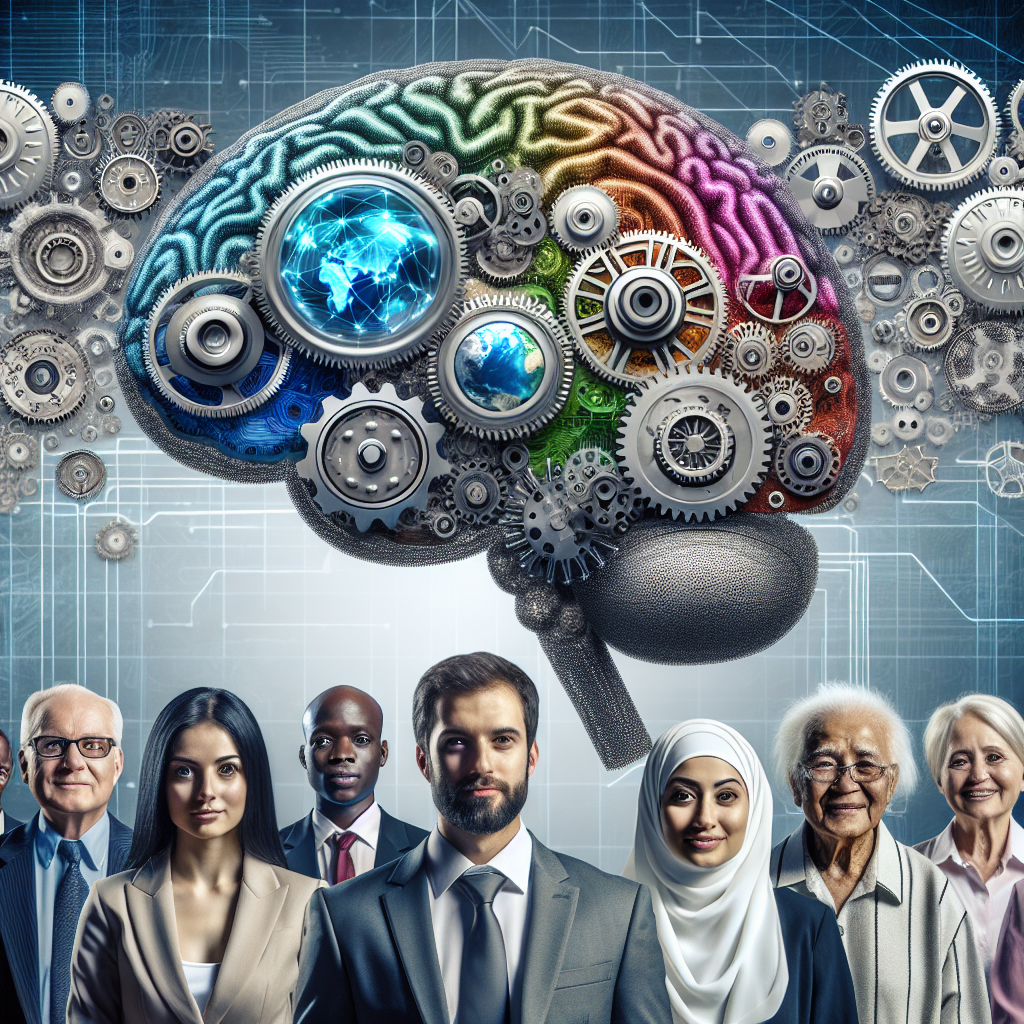Artificial General Intelligence (AGI) is a rapidly advancing field of technology that has the potential to revolutionize industries and transform society as we know it. AGI refers to machines that have the ability to understand and learn any intellectual task that a human being can. This differs from narrow AI, which is designed for specific tasks and lacks the ability to generalize its knowledge.
AGI has the potential to impact virtually every industry, from healthcare to transportation to finance. With the ability to process vast amounts of data and make complex decisions, AGI has the potential to greatly increase efficiency, reduce costs, and improve the quality of products and services. In this article, we will explore how AGI is revolutionizing industries and transforming society.
AGI in Healthcare
In the healthcare industry, AGI has the potential to greatly improve patient care and outcomes. AGI can analyze vast amounts of medical data to identify trends and patterns that human doctors may not be able to see. This can lead to earlier and more accurate diagnoses, personalized treatment plans, and better overall care for patients.
Additionally, AGI can assist in drug discovery and development by quickly analyzing large datasets to identify potential drug candidates. This can greatly reduce the time and cost of bringing new drugs to market, ultimately leading to more effective treatments for patients.
AGI in Transportation
In the transportation industry, AGI has the potential to greatly improve safety and efficiency. Self-driving cars, powered by AGI, have the potential to greatly reduce the number of accidents caused by human error. These vehicles can process vast amounts of data in real-time to make split-second decisions, leading to safer roads for all.
AGI can also optimize transportation routes and schedules to reduce congestion and emissions. By analyzing traffic patterns and other data, AGI can help transportation companies make more efficient use of their resources, ultimately leading to cost savings and a reduced environmental impact.
AGI in Finance
In the finance industry, AGI has the potential to greatly improve decision-making and risk management. AGI can analyze vast amounts of financial data to identify trends and patterns that human analysts may not be able to see. This can lead to more accurate predictions of market movements, better investment decisions, and reduced risk for financial institutions.
Additionally, AGI can assist in detecting and preventing fraud by analyzing transaction data in real-time to identify suspicious patterns. This can greatly reduce the financial losses associated with fraud, ultimately leading to a more secure financial system for all.
AGI and Society
The impact of AGI on society extends beyond individual industries. As AGI becomes more advanced and widespread, it has the potential to greatly change the way we work, live, and interact with each other.
One of the biggest concerns surrounding AGI is the potential impact on jobs. As machines become more capable of performing tasks that were previously done by humans, there is a fear that many jobs will become obsolete. However, proponents of AGI argue that new jobs will be created to support and maintain these machines, leading to a shift in the types of jobs available rather than a decrease in overall employment.
Additionally, AGI has the potential to greatly improve access to information and services for people around the world. With the ability to process vast amounts of data in real-time, AGI can help to bridge the digital divide and improve access to education, healthcare, and other essential services for underserved populations.
Overall, the potential benefits of AGI are vast, but there are also risks and challenges that must be addressed. As we continue to develop and implement AGI, it is important to consider the ethical and societal implications of this technology to ensure that it is used in a way that benefits all of humanity.
FAQs
Q: What is the difference between AGI and narrow AI?
A: AGI refers to machines that have the ability to understand and learn any intellectual task that a human being can, while narrow AI is designed for specific tasks and lacks the ability to generalize its knowledge.
Q: What industries are most likely to be impacted by AGI?
A: Virtually every industry has the potential to be impacted by AGI, but healthcare, transportation, and finance are likely to see the most immediate and significant changes.
Q: What are the potential risks of AGI?
A: Some potential risks of AGI include job displacement, ethical concerns, and the potential for misuse by bad actors. It is important to address these risks as we continue to develop and implement AGI.
Q: How can we ensure that AGI is used ethically?
A: It is important to establish ethical guidelines and regulations for the development and use of AGI to ensure that it is used in a way that benefits all of humanity. Additionally, ongoing research and dialogue on the ethical implications of AGI are essential.
In conclusion, AGI has the potential to revolutionize industries and transform society in ways we have never seen before. With its ability to process vast amounts of data and make complex decisions, AGI has the potential to greatly improve efficiency, reduce costs, and improve the quality of products and services across a wide range of industries. However, it is important to address the risks and challenges associated with AGI to ensure that it is used in a way that benefits all of humanity.

